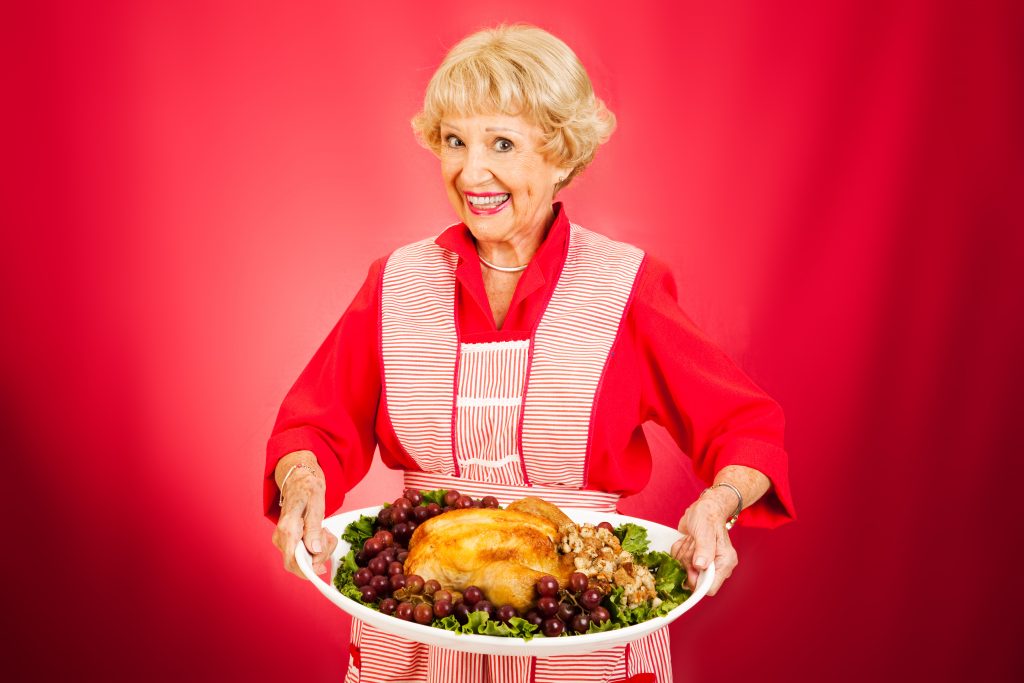
Thanksgiving Time. Nostalgia is in the air. It is a holiday that brings up a lot of feelings – be it joy, love, gratitude, resentment, sorrow, or loneliness.
Nothing evokes mixed feelings like family. Sitting at a table with those with opposite political views, a history of conflict, or that bore you to death is never pleasant.
Many people I know have lost a parent this year, including my husband. If you are missing your family – either literally or because you don’t feel connected or safe with yours, loneliness and longing show up.
My family dynamic was so bad the last time we were all together for Thanksgiving somewhere around 1980. They’re all gone now, and I always have a bit of sadness in the background this time of year. The sadness I feel is not so much for the loss of the family I had but for the one I wish I’d had.
What to do? If it’s sadness that you feel, feel it. My sister-in-law was saying how she felt dread when thinking about cooking Thanksgiving dinner for herself and her young adult children. Then she realized she was very sad about losing her parents, both of whom passed away during the past 12 months. Once she felt it and expressed it, her dread lifted.
I encourage you to take time to check in with yourself. Even if you are super busy, finding five minutes to stop and tune into your self. Invite whatever feelings are there to come forth. It is a way to honor your self. If you have a partner or good friend you can share these feelings with, do it.
Eating with the enemy? Become an observer. Take on an attitude of healthy detachment. Imagine a line coming down through the top your crown and another front to back through the third eye; where they intersect is the center of your head. Instead of seeing from your eyes, practice seeing from this point inside your head looking through your eyes.
When you are with people who trigger you, try looking at them in this way. Be curious. Try to see them with fresh eyes. Why do they think/believe that? Why do they act that way? Most likely they are simply trying to survive and find meaning in their life. Getting past our emotional charge allows for greater empathy and understanding. You may never like a particular person, but you can be less impacted by the when you take charge of your reaction.
